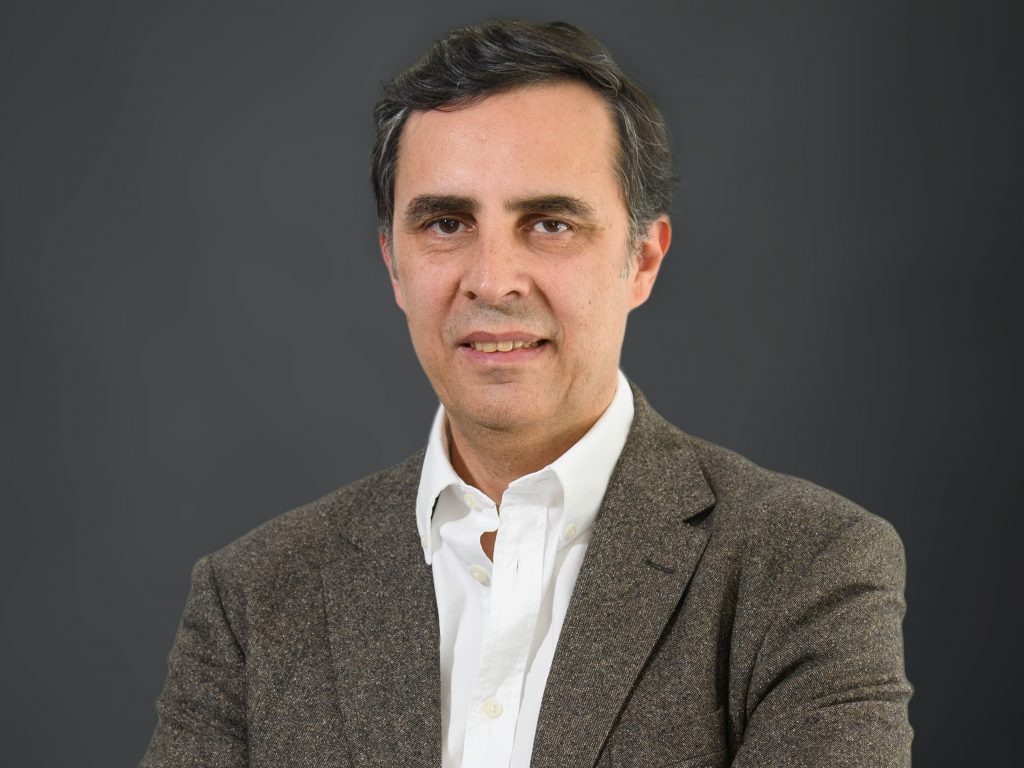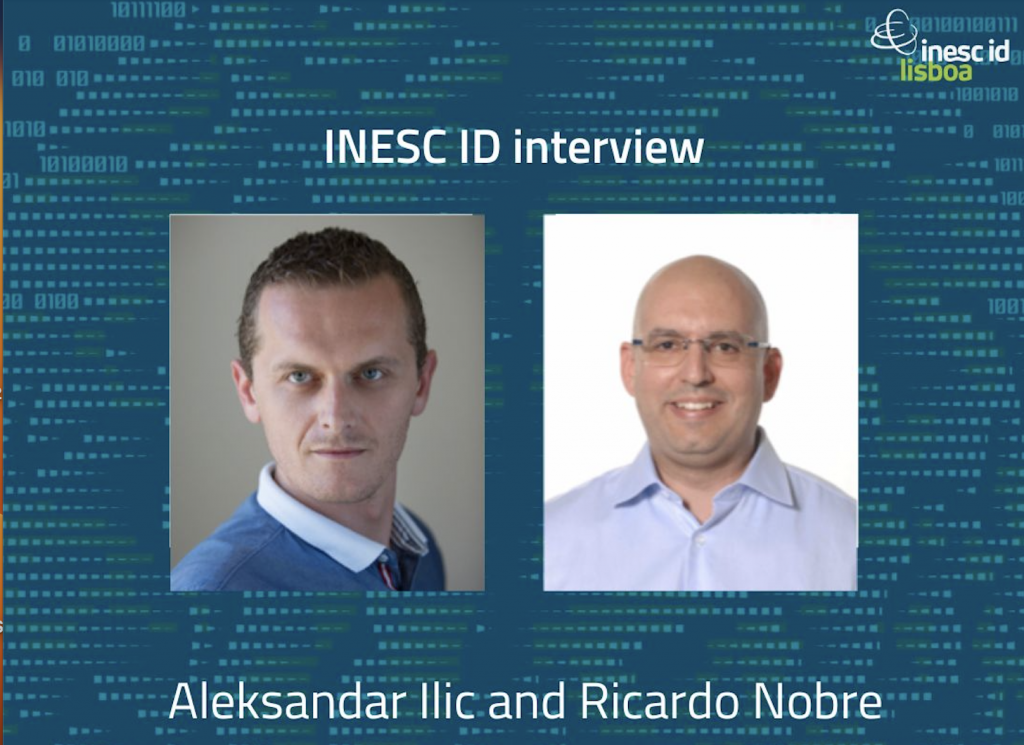“Our dependence on IT systems is growing, and therefore, the problems affect us more, seem to happen more, and have more visibility”
Millions of computers affected, with airports, supermarkets, and TV stations worldwide having their activities compromised. All due to a software failure. INESC-ID board member Miguel Pupo Correia, from the Distributed Parallel and Secure Systems research area and head of the Computer Science and Engineering Department…
INESC ID Interview with Aleksandar Ilic and Ricardo Nobre from the HPCAS Research Group
The High-Performance Computing Architectures and Systems (HPCAS) Research Group at INESC-ID, works on state-of-the-art topics in High-Performance Computing (HPC), performance modeling, and bioinformatics. This includes epistasis detection which involves identifying combinations of specific gene mutations that may increase the likelihood of expressing a disease and…
Luis M. Correia
Short Personal Interview Luis M. Correia was born in 1958, in Portimão, Portugal. He is an INESC-ID Researcher since 2016, integrating the Scientific Area Communication Networks (CN). How did you get to INESC-ID? It was an R&D centre that fulfilled my expectations….
Tomás Alves
Short Personal Interview Tomás Alves was born in 1994, in Lisbon Portugal. He is an INESC-ID Researcher and PhD Student since 2017, integrating the Scientific Area Graphics and Interaction (GI). How did you get to INESC-ID? I applied and was selected to be…
Rui Henriques
Short Personal Interview Rui Henriques was born in 1987, in Lisbon he is an INESC-ID Researcher since 2010, integrating the Scientic Area Information and Decision Support Systems (IDSS). How did you get to INESC-ID? Master thesis at IST INESC-ID…
Luis Miguel Silveira
Short Personal Interview Luis Miguel Silveira was born in 1963, in Lisbon. He is an INESC-ID Researcher since its inception, currently integrating the Scientic Area High-Performance Computing Architectures and Systems (HPCAS). How long have you been part of the INESC-ID Team? 1999,…
Francisco S. Melo
Short Personal Interview Francisco S. Melo was born in 1977, in Guarda, Portugal. He is an INESC-ID Researcher since 2009, integrating the Scientic Area Artificial Intelligence for People and Society (AIPS). How did you get to INESC-ID? I started in…
António Grilo
Short Personal Interview António Grilo was born in 1973, in Lisbon. He is an INESC-ID Researcher since 1999, coordinating the Scientic Area Communication Networks (CN) How did you get to INESC-ID? As PhD student. INESC-ID is… A Portuguese cutting edge,…
Gonçalo Rodrigues
Short Personal Interview Gonçalo Rodrigues was born in 1995, in Lisbon. He is an INESC-ID Researcher and PhD Student since 2020, integrating the Scientific Area Nano-Electronic Circuits and Systems (NECS). How did you get to INESC-ID? During my master thesis INESC-ID…
Miguel Pupo Correia
Short Personal Interview Miguel Pupo Correia was born in 1968, in Figueira da Foz, Portugal. He is an INESC-ID Researcher since 2011, integrating the Scientic Area Distributed, Parallel and Secure Systems (DPSS). Miguel Pupo Correia is also member of the Scientific Council of INESC-ID….


